Doing business
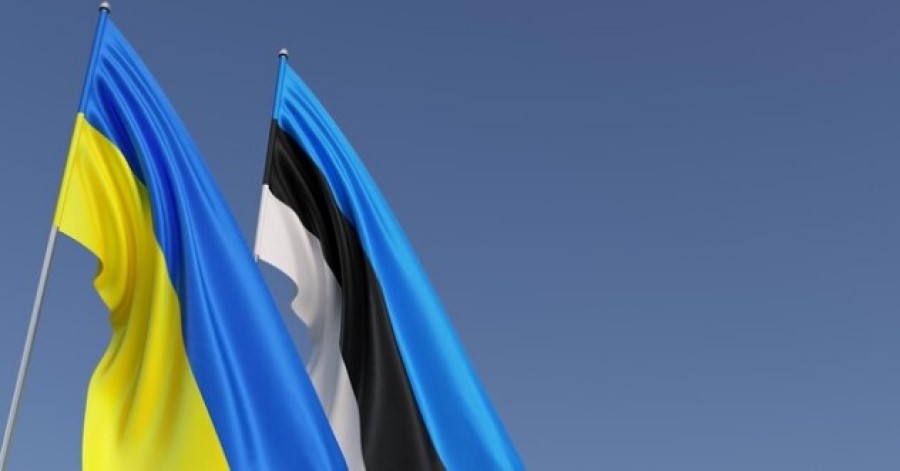
After russia’s full-scale invasion of Ukraine, Estonia was one of the first countries to openly support Ukraine in its struggle. Despite its limited resources, Estonia has been actively providing assistance, demonstrating strong solidarity. For the fourth year in a row, the country continues to comprehensively support Ukraine in its resistance to russian aggression. In addition to humanitarian, military, and financial assistance, Tallinn hosts Ukrainian refugees and actively defends Ukraine’s interests in the international arena.
In June 2024, Ukraine signed a bilateral security cooperation agreement with Estonia. According to the document, Estonia provided defense assistance worth more than €100 million in 2024 and will continue to provide diverse support for 10 years. It also stipulates that in 2024-2027, Estonia will allocate at least 0.25% of its GDP to help Ukraine.
In April 2025, Minister of Health of Ukraine Viktor Liashko met with Minister of Social Affairs of Estonia Karmen Joller in Tallinn. During the talks, the parties signed a Technical Agreement that outlines the key areas of bilateral cooperation in the medical field. Since the beginning of the war, Estonia has provided Ukraine with 18 tons of humanitarian medical aid, including equipment, rehabilitation devices, special vehicles, etc. Ukrainian patients, including military personnel, are being treated under the MEDEVAC program. The signed agreement opens up opportunities for the implementation of new projects to rebuild medical infrastructure, develop the rehabilitation system, digitalize and harmonize Ukrainian healthcare with EU standards.
Estonia will also allocate €56 million for development and humanitarian support to Ukraine in 2024-2027. Efforts will focus on early recovery in priority sectors: digital transition, education, construction, and healthcare.
Under the leadership of Estonia and Luxembourg, an IT coalition was established to support the Ministry of Defense of Ukraine and the Armed Forces in the areas of IT, communications, and cybersecurity. In its first year of operation, it accumulated almost €500 million.
As of the end of 2024, the amount of military assistance provided by Tallinn to Kyiv exceeded €500 million, which is about 1.4% of Estonia’s GDP.
In December 2024, Ukraine received another package of military aid from Estonia. It included naval uniforms, surveillance devices, sights, ballistic defense equipment, and ammunition. In February 2025, another shipment was received, which included 10,000 artillery shells and 750,000 food packages for the military.
Also, at the end of 2024, Ukraine received anti-aircraft missiles from the Estonian company Frankenburg Technology for testing. The first samples have already arrived, and active testing began in 2025. These missiles are designed to destroy drones at an altitude of up to 2 km. In case of positive results, it is planned to organize the production of such missiles in Ukraine.
Earlier, Estonia donated a wide range of weapons to Ukraine: Javelin anti-tank missiles, howitzers, mortars, anti-tank mines, grenade launchers, communications equipment, vehicles, field hospitals, helmets, and dry rations. Part of the aid came in cooperation with Germany, the Netherlands, Norway, and Iceland.
Since 2022, more than 1,500 Ukrainian military personnel have been trained in Estonia in basic training, artillery, sniping, military medicine, cybersecurity, and strategic communications. The qualifications of Ukrainian mid- and senior-level officers have also been upgraded at the Baltic Defense College.
Estonia remains an important trade partner of Dnipropetrovsk region. The high level of partnership is evidenced by the bilateral analysis of foreign activities. Estonian companies are most interested in ferrous metal products, meat and edible offal, electrical machinery, parts of railway equipment, etc. According to the results of 2024, the volume of exports of goods from Dnipropetrovsk region amounted to $7.5 million and decreased by 15% compared to 2023.
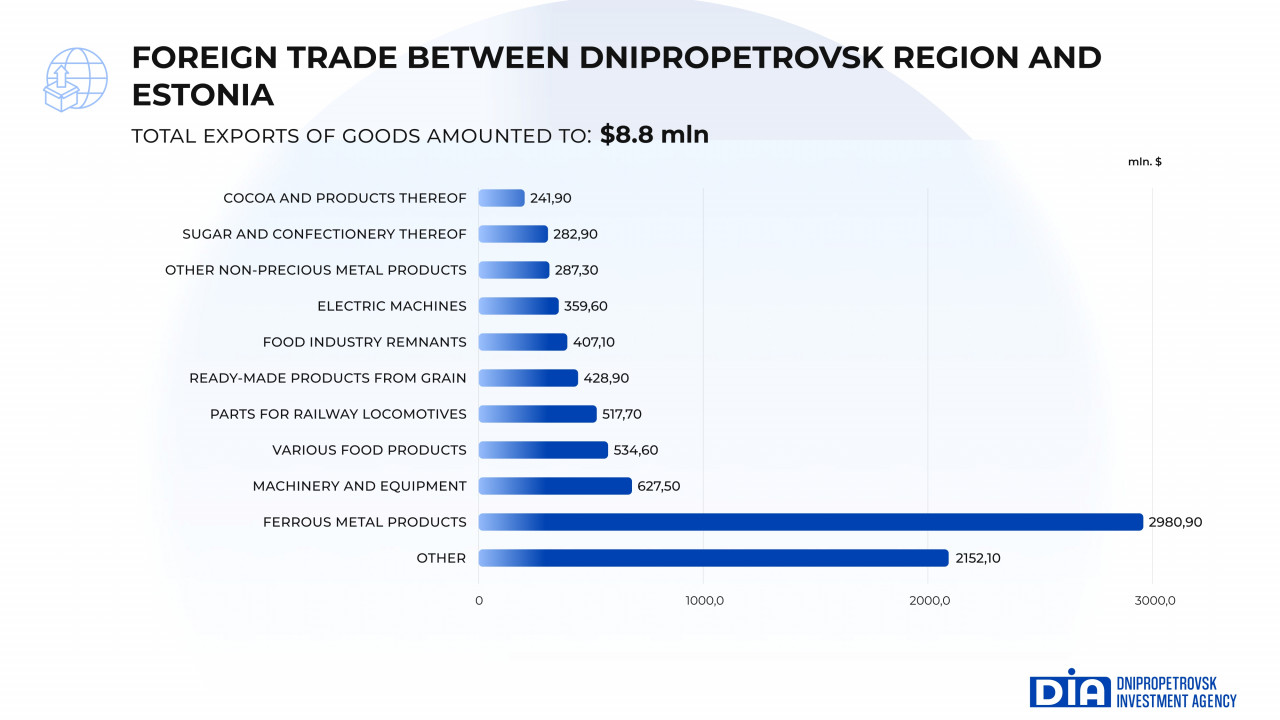
More than 70 companies in Dnipropetrovsk region have exported their products to the Estonian market, including metallurgical, machine-building, processing and agricultural companies.
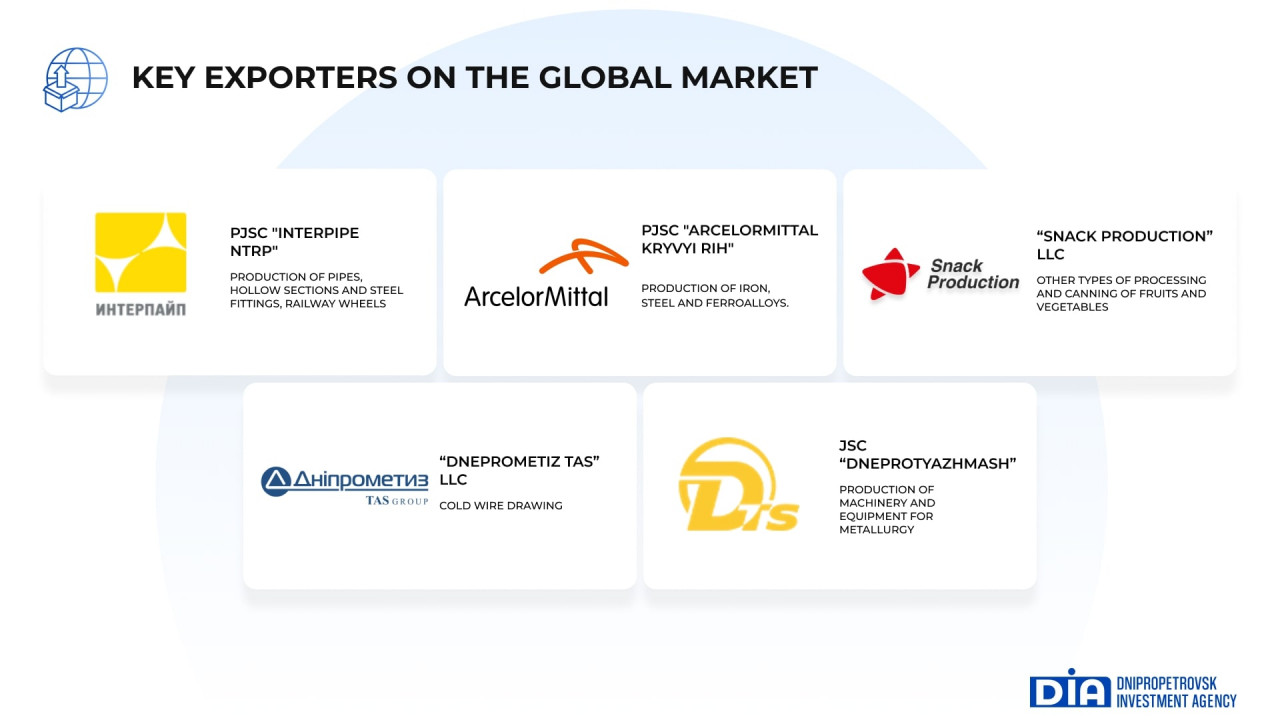
Imports of goods from Estonia to Dnipropetrovsk region increased by 44.5% compared to 2023 and amounted to $16.5 million.
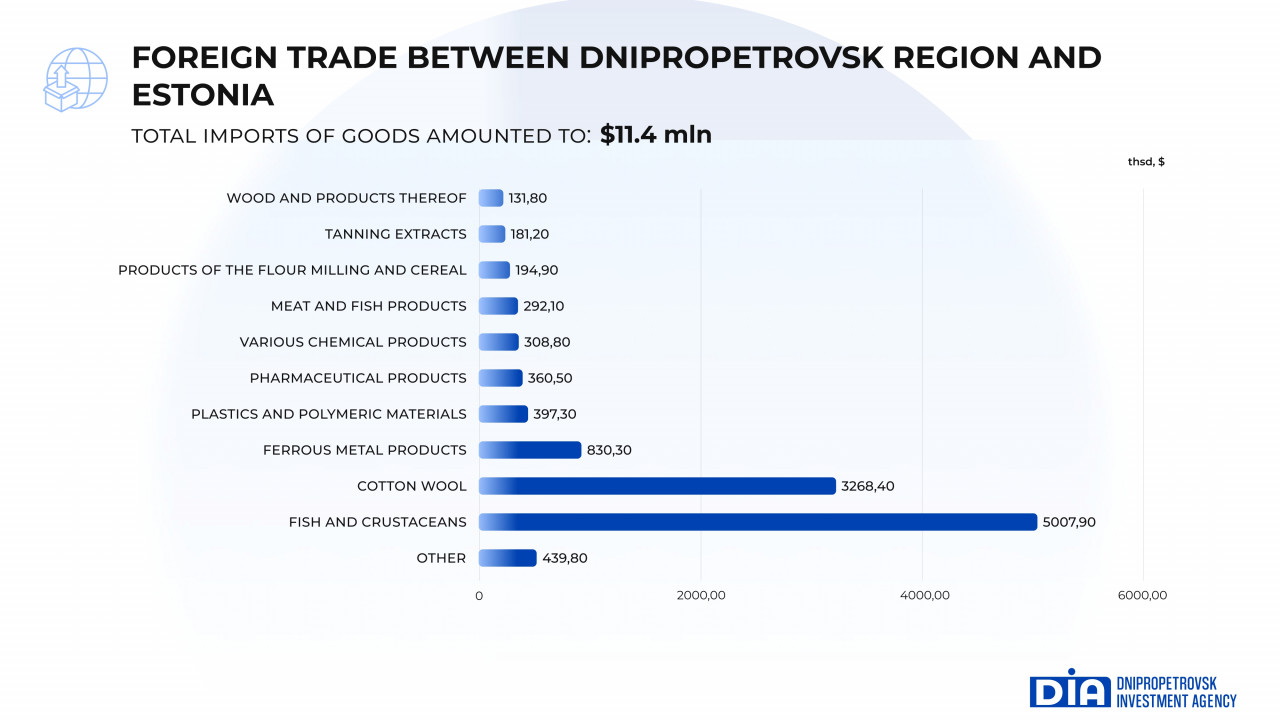
More than 50 importing companies in the region bought fish and crustaceans, ferrous metal products, cotton wool, meat and fish products, pharmaceuticals, etc.
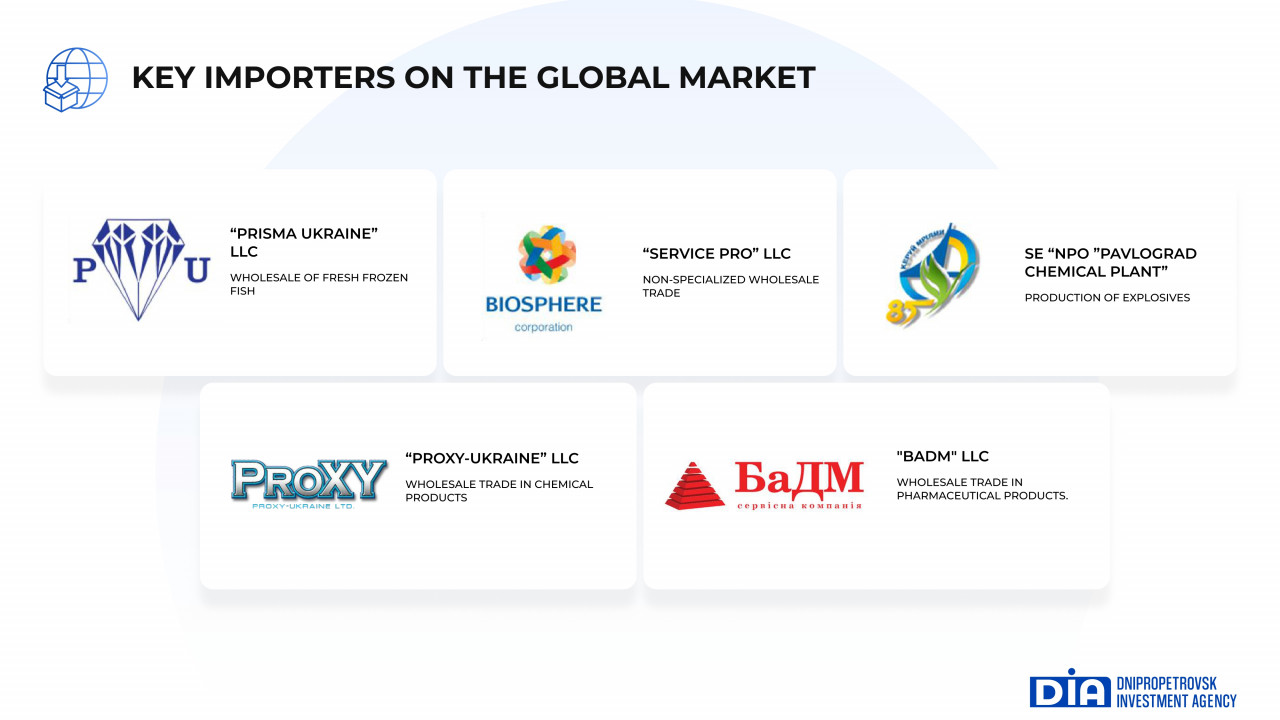
Import operations were mainly carried out by processing industry enterprises, trade and pharmaceutical companies.
Source: information for the article was taken from open online sources